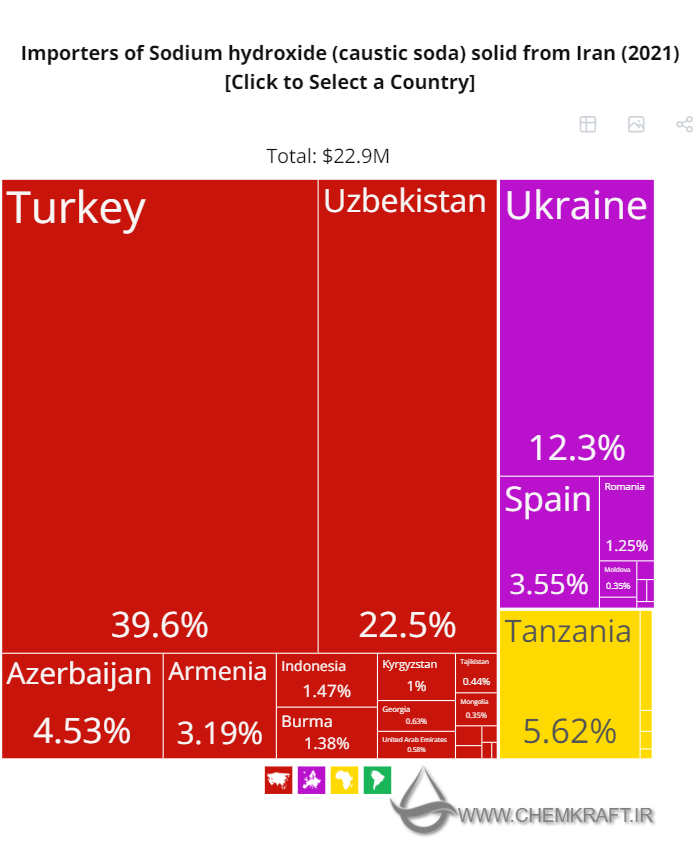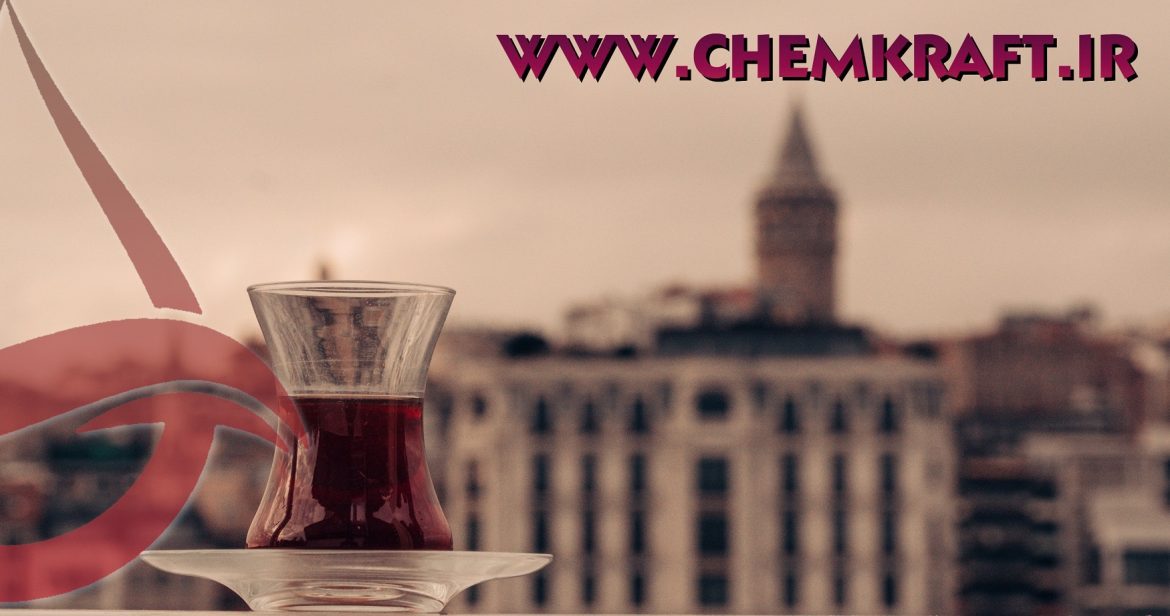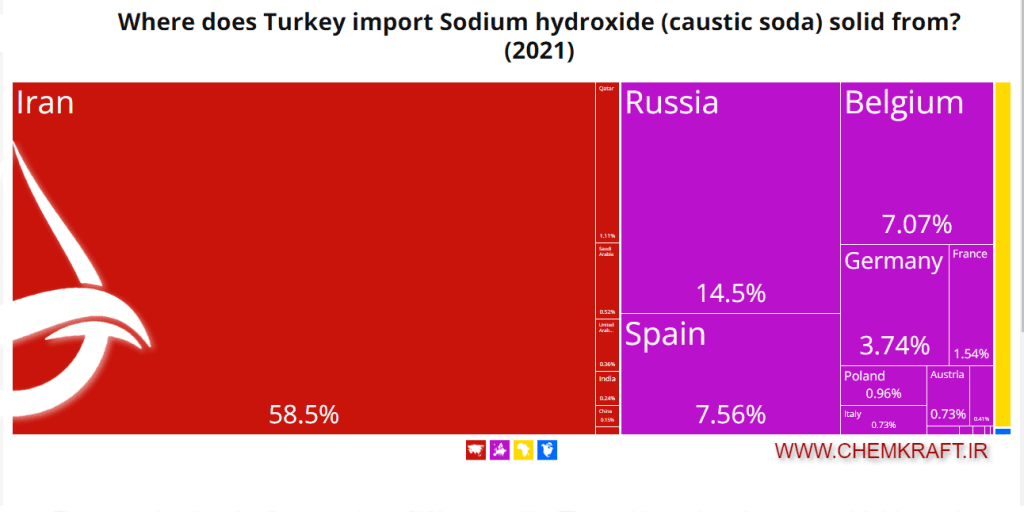Introduction:
The trade relationship between Iran and Turkey in the realm of caustic soda has been a dynamic and pivotal aspect of both nations’ economic landscapes. Iran, endowed with significant caustic soda production capacity, has found Turkey to be a major export market. This essay delves into the intricacies of this economic collaboration, exploring the driving factors, challenges, and opportunities that characterize the Iranian caustic soda exports to Turkey.
Historical Context:
The historical ties between Iran and Turkey have been multifaceted, encompassing cultural, political, and economic dimensions. In recent years, economic cooperation has taken center stage, with both countries recognizing the potential for mutually beneficial trade partnerships. Iran’s caustic soda, a versatile chemical compound with applications across various industries, has become a significant export commodity, finding a receptive market in Turkey.

Market Dynamics and Demand Drivers:
The increasing demand for caustic soda in Turkey has been a primary catalyst for the surge in Iranian exports to the country. As Turkey’s industrial sector expands, particularly in areas such as textiles, paper, and chemicals, the need for caustic soda as a fundamental raw material has risen proportionally. Iranian manufacturers, leveraging their production capabilities, have been well-positioned to meet this demand, fostering a symbiotic economic relationship between the two nations.
Competitive Advantage of Iranian Caustic Soda:
Iran’s caustic soda industry enjoys a competitive edge in terms of production capacity and cost-effectiveness. The strategic positioning of Iran geographically, coupled with its abundant natural resources, allows for efficient production and competitive pricing. Turkish industries, cognizant of these advantages, have increasingly turned to Iranian caustic soda as a reliable and cost-efficient source, contributing to the growing dominance of Iran in Turkey’s caustic soda market.
Trade Agreements and Bilateral Relations:
Bilateral trade agreements and diplomatic relations play a pivotal role in shaping the caustic soda trade between Iran and Turkey. The nations have engaged in dialogues and negotiations to facilitate smoother trade, reduce trade barriers, and foster an environment conducive to economic cooperation. These agreements have not only streamlined the export process but have also contributed to the overall strengthening of ties between the two nations.
Challenges in the Trade Relationship:
Despite the apparent success of Iranian caustic soda exports to Turkey, several challenges loom over this trade relationship. One significant hurdle is the impact of geopolitical tensions and international sanctions on Iran. These factors can disrupt trade flows, create uncertainty, and affect the stability of the caustic soda market. Additionally, fluctuations in currency exchange rates and regulatory changes can pose challenges for businesses involved in cross-border trade.
Environmental and Regulatory Considerations:
As the global focus on sustainability intensifies, industries and nations alike are grappling with the environmental impact of their activities. Caustic soda production is energy-intensive and can have environmental implications. Both Iran and Turkey must navigate evolving environmental regulations and standards, ensuring that their caustic soda production and usage align with global sustainability goals.
Future Prospects and Opportunities:
Looking ahead, the Iranian caustic soda exports to Turkey are poised for continued growth. The collaborative spirit between the two nations, coupled with ongoing efforts to overcome challenges, sets the stage for a robust and enduring trade relationship. As Turkey’s industrial base expands and diversifies, the demand for caustic soda is likely to persist, presenting Iran with ample opportunities to contribute to Turkey’s economic development.
Conclusion:
In conclusion, the Iranian caustic soda exports to Turkey exemplify the intricate interplay of economic, geopolitical, and environmental factors in the realm of international trade. The historical ties, coupled with the competitive advantages of Iranian caustic soda, have solidified Iran’s position as a major supplier to Turkey. However, challenges persist, necessitating adaptive strategies and diplomatic efforts. As both nations navigate the complexities of global trade, the caustic soda trade between Iran and Turkey stands as a testament to the resilience and potential for growth in strategic economic partnerships. The future holds promise, provided both nations continue to collaborate, innovate, and address the evolving dynamics of the international market.










